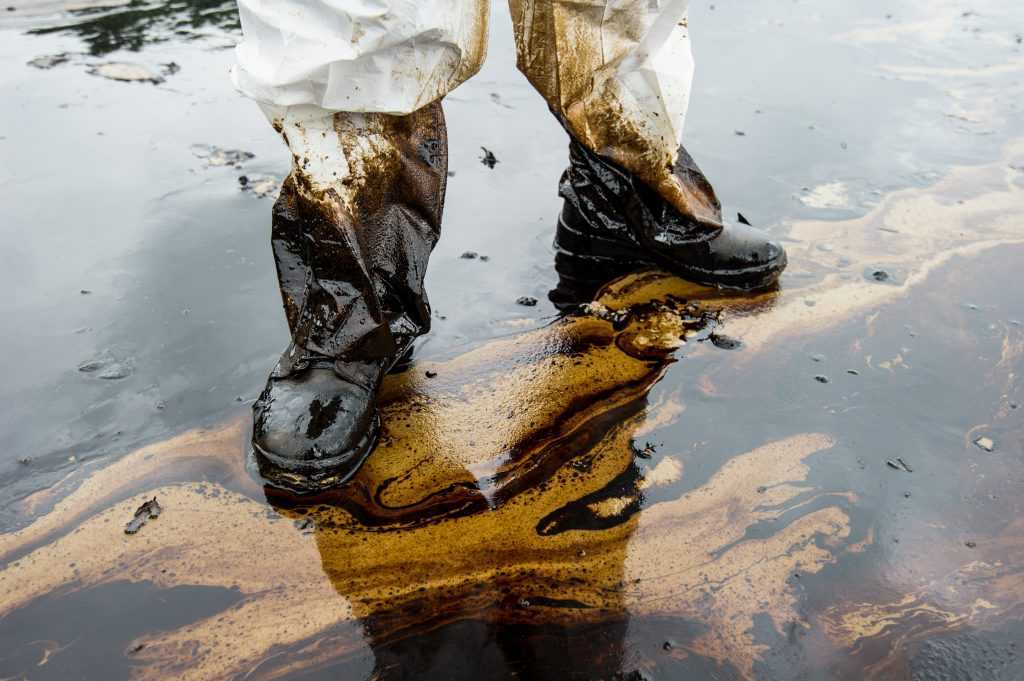 When it comes to storage tanks for industrial chemicals, a small leak can spell disaster. In January 2014, for example, a ruptured storage tank at the Freedom Industries in West Virginia caused 5,000 gallons of a chemical used in coal processing to spill into the Elk River.
When it comes to storage tanks for industrial chemicals, a small leak can spell disaster. In January 2014, for example, a ruptured storage tank at the Freedom Industries in West Virginia caused 5,000 gallons of a chemical used in coal processing to spill into the Elk River.
The Aftermath
The contaminated river has been just upstream of the regional water company’s intake pipes, and as a result, nearly 300,000 residents lost their source of clean water for days, some even weeks. Due to the lack of supply of safe drinking water, schools and businesses closed down.
The spilled chemical called 4-methylcyclohexane methanol, or MCHM, also caused headaches, breathing difficulty, and eye and skin irritation.
Charges & Settlement
In December 2014, a federal grand jury charged the three owners of Freedom Industries three counts each for violating the Clean Water Act. The indictment stated that the owners and managers of the company did not meet “a reasonable standard of care to prevent spills.”
In January 2017, a settlement over the case started.
Built to Meet Standards
The indictment also stated that the company owners failed to make the necessary repairs and improvements to ensure environmental compliance.
Depending on what the tanks will contain, owners should focus on whether their tanks have modifications to store particular liquids. Although not all states require API Standards when it comes to building and maintaining aboveground storage tanks, the API-650 and API 653 tanks have the engineering properties to ensure safety.
Aboveground storage tanks should also withstand natural conditions such as earthquakes, hurricanes, flooding, high winds, and extreme temperatures.
Vigilance during Crisis
When inspectors from the Environmental Protection Department arrived at Freedom Industries, they said they saw chemicals leaking through a dike, and no cleanup was taking place. Company owners should maintain a strict code when addressing a leak problem. Company personnel should have the proper training to proceed with cleanup in a systematic way to prevent further harm towards humans and the environment. Its staff should also have the training to safely stop the leakage and proceed with the cleanup right away to prevent further harm towards people and the environment.

